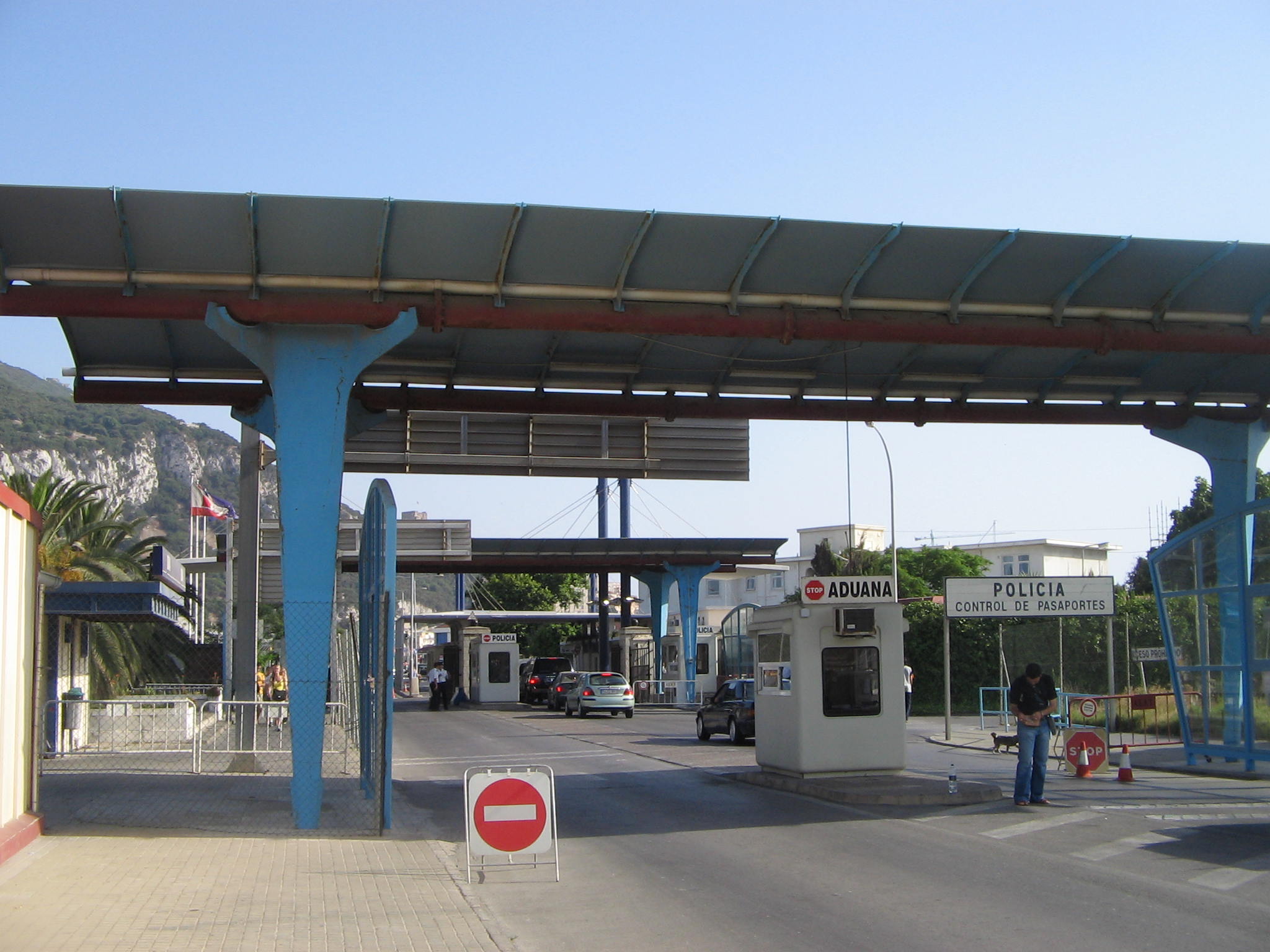Economic exploitation: a comparative case study of the cost of human smuggling
by Alicia Kidd (Wilberforce Institute, University of Hull)
This paper was presented at the EHS Annual Conference 2019 in Belfast.

The terms human smuggling and human trafficking are often confused and used interchangeably. While there is a terminological distinction between the two, it is possible for the lines to be blurred when an individual’s relationship with a smuggler becomes exploitative. My study, to be presented at the Economic History Society’s 2019 annual conference, uses information gathered from face-to-face interviews to argue that individuals’ economic circumstances play a role in blurring those lines.
My research considers two qualitative case studies of individuals who hired agents to assist them in illegitimately escaping their home countries in the hope of reaching safer living conditions abroad. Both respondents were confronted with dangerous situations in which they faced limited options of either staying in their home countries where they were at risk of death or unfair arrest, or finding a way to escape.
Both chose the latter, but there was no possibility of leaving their countries legally without attracting the attention of the authorities looking for each of them. This led both respondents to employ the assistance of smugglers to assist them out of their home countries.
The respondents were from significantly different backgrounds and their economic standing influenced the path that lay ahead for them. The first had a relatively wealthy upbringing, had received a good education and was working in a lucrative job.
He was able to pay a smuggler upfront to assist him in leaving the country to avoid the death penalty he was facing. This was a simple financial exchange in which he paid a set fee in return for a service. His relationship with the smuggler ended after he had crossed the border out of his home country.
The second respondent’s experience was quite different. She was from a poor background and did not have the money to pay the smuggler prior to travel. Instead, she agreed with the agent that, in return for safely removing her from the country, she would work for him on arrival to pay off her debt. But while an agreement had been made that this would be care work, after arriving in the UK she was locked in a basement and sexually exploited as a means to pay off her debt.
My research uses these two case studies to explore the hugely diverse outcomes of an exchange with a smuggler. By assessing the divergent economic positions of the two individuals, the research addresses how the difference between a payment and a debt can lead to the difference between safety and extreme exploitation.

